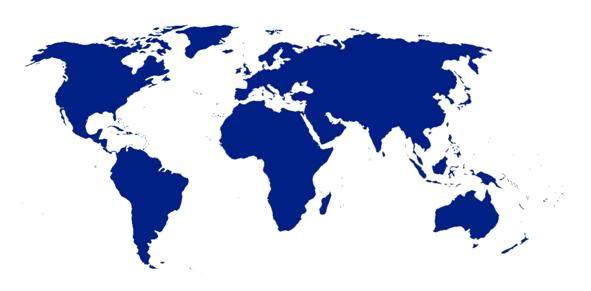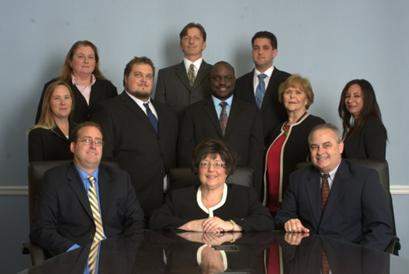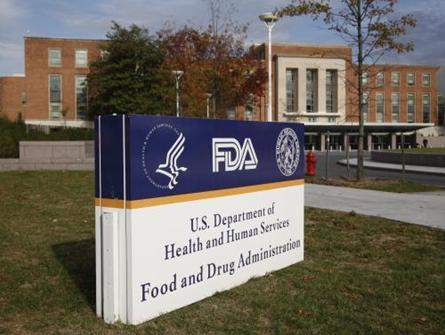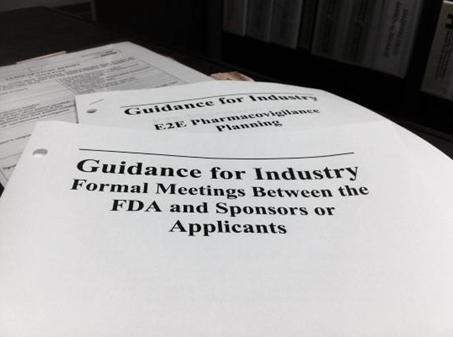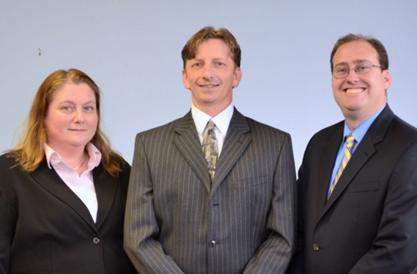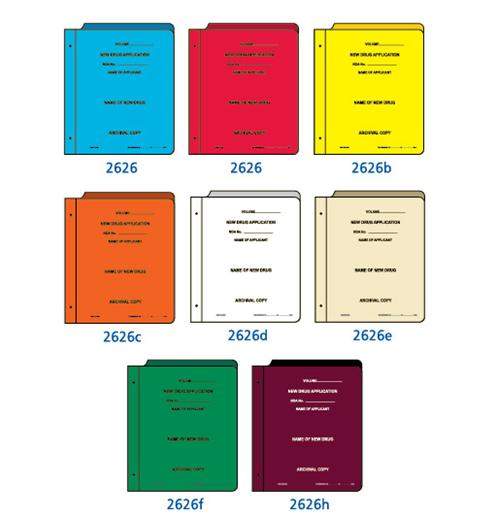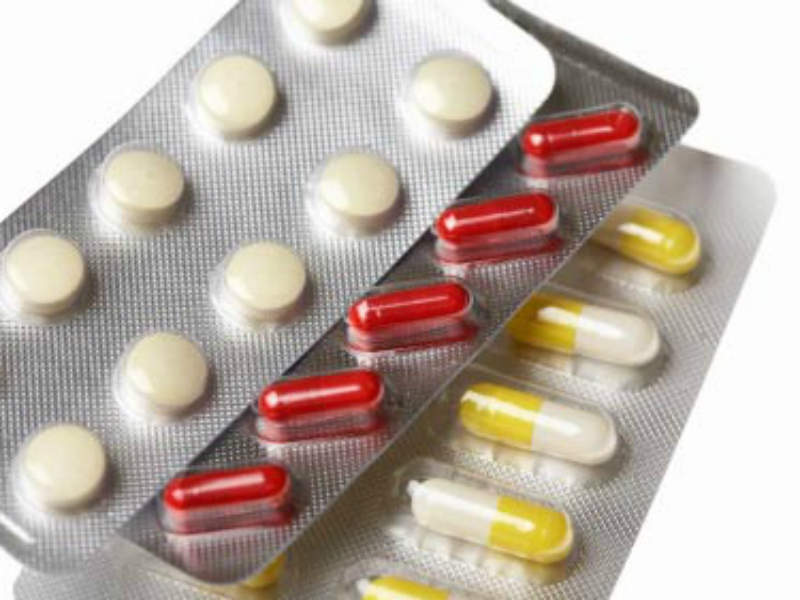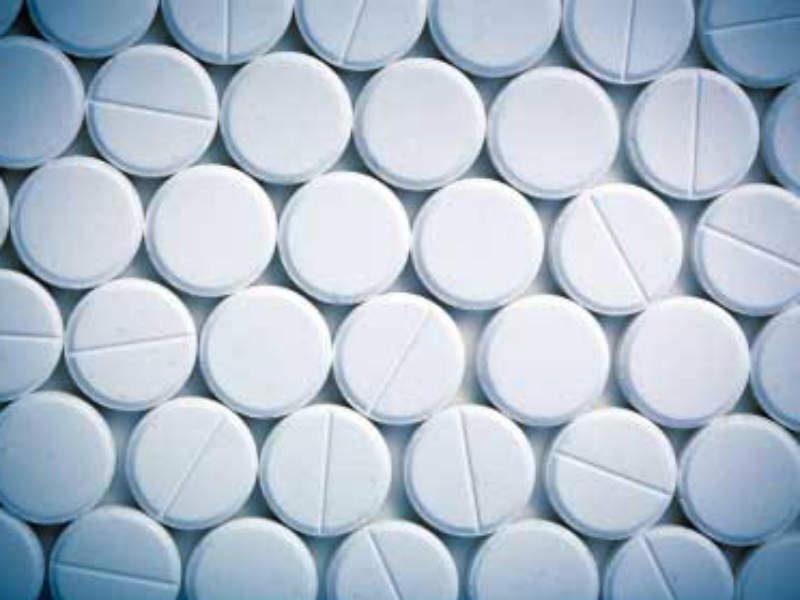
Pharmaceutical Development Group (PDG®) is a pharmaceutical regulatory consultant for submissions to the US Food and Drug Administration (FDA), including approvals and post-marketing issues.
The company’s in-depth knowledge of the science, regulatory affairs, commercial concerns, review processes and interactions with the FDA spans a variety of dosage forms and therapeutic areas.
FDA regulatory consultant for pharmaceutical development
PDG’s drug development expertise includes new chemical entities, 505(b)(2) products, drug efficacy study implementation (DESI) and grandfathered drug products, generics, prescription and nonprescription, both new drug application (NDA) and over-the-counter (OTC) monograph. PDG possesses the resources and experience to address large scale development projects, long-term regulatory strategies and complex non-clinical and clinical issues.
The company is acutely aware of the commercial hurdles faced by drug companies and has a keen sense for knowing which development projects might work and the ones that will not. PDG’s drug development input is backed by years of industry experience.
R&D, drug candidate selection, and early stage proof-of-concept pharmaceutical development services
Introducing new drug products to the US market in the current regulatory environment is a complex undertaking that can be both lengthy and expensive. However, much of the cost and effort required to bring a drug product to market may be eliminated through the employment of strategic development principles at the front end.
PDG will help you identify the earliest point in the drug development process where the evidence suggests a reasonable likelihood for success, as well as an absence of key causes of failure. Critical to the effort is the company’s integrated review of crucial areas such as safety, efficacy, pharmacologic, commercial and FDA regulatory concerns.
Meetings and ongoing interface with FDA (pre-IND, end of Phase II, Pre-NDA meetings)
Despite the availability of guidance meant to assist sponsors, FDA meetings can be intimidating and unproductive. As such, many sponsors fail to get the most benefit from them. Successful FDA meetings will help you avoid costly delays, secure FDA’s opinions and buy-in on your project and contribute to a solid relationship with FDA. The Pre-IND Meeting is a relatively low-cost and strategic early determinant of the critical path for your product’s development.
Such meetings can help identify and resolve early development issues encountered specifically in the areas of toxicology, pharmacology and formulation/CMC. Meeting with FDA staff contributes to prevention of clinical holds and provides useful information in the compilation and submission of an IND. In short, strategically planned and professionally facilitated Pre-IND Meetings increase the chances for success of your development program.
Sourcing vendors and suppliers for CMOs, CROs, API suppliers, clinical and non-clinical laboratories
Years of service to the pharmaceutical industry has taught PDG that supplier / vendor selection, audit, qualification, contract negotiation, and oversight are critical to a successful drug development program. PDG routinely helps its clients develop these important resources including clinical research organizations (CRO), contract manufacturing organizations (CMO), active pharmaceutical ingredient (API) & component suppliers, clinical and non-clinical laboratories.
The company also maintains oversight and relationships with such third-party organizations to ensure their adherence to sponsor protocols, schedules, budgets, good clinical practices (GCP), good laboratory practices (GLP), and good manufacturing practices (GMP) as applicable.
Comprehensive management of NDAs, including 505(b)(1), 505(b)(2), 505(j), supplemental NDAs
Dr Blume and PDG personnel have been engaged in more than 150 NDA and ANDA applications for a range of new and generic drugs, in addition to numerous nonprescription projects. However, PDG’s responsibilities do not end with submission assignments, but continue through post-approval strategies in support of safety and compliance.
These responsibilities include periodic reporting (PADERs/PSURs), post-marketing safety surveillance, literature reviews and signal detection, as well as currency of professional labeling, patient labeling, Medication Guides (REMs) and promotional labeling.
PDG helps develop strategies for optimizing drug safety, leveraging its professional experience as a pharmaceutical and FDA regulatory consultant. Clients are guided through the development of commercial and clinical strategies to optimize safety and ROI throughout their drug product’s lifecycle.
PDG provides assistance to clients from the initial idea presentation to the FDA, covering areas that include:
- Pre-IND / pre-NDA / end of phase II meetings
- IND / special protocol assessment (SPA)
- First-in-human through Phase IV studies
- NDA compilation and submission, including all CTD sections
- Supplemental NDAs
- Ongoing NDA maintenance / FDA interactions
- Nonprescription concerns:
– Citizen petitions
– Formulation changes
– NDA deviations
Consultants for sudden and unexpected drug regulatory challenges
Imagine the value of continuous access to the resources necessary to complete tasks that are out of the ordinary, unexpected, or you just don’t have time for. Unexpected events such as recalls, FDA audits, or newly proposed FDA regulations may demand immediate attention and expertise.
PDG maintains readiness to address such challenges. PDG provides a wide variety of competencies and capacity that will help you respond with immediacy and quality.
PDG offers a wide range of services as your long-term regulatory partner throughout the lifespans of your products. Given the company’s versatility, it should come as no surprise that PDG has completed a large number of diverse projects for its clients.
When you call PDG, you will not reach a lone uninformed voice on the telephone, or an answering service promising a return call. Professional staff are on-call for clients 24/7.



